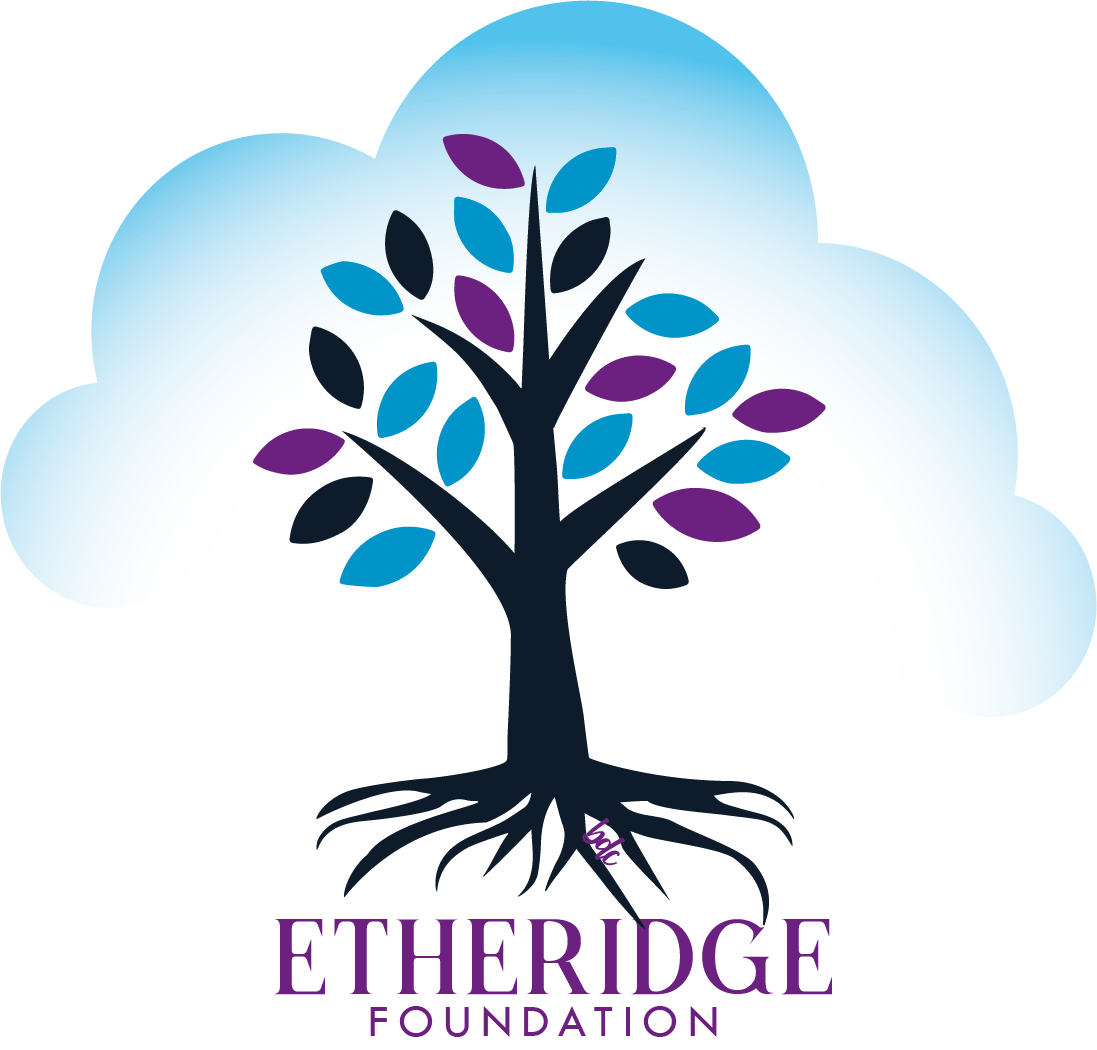What is Biocultural Conservation?
“We can’t isolate or separate sacred medicines from their deeply interconnected relationship to people, community, ecosystems, and culture.”
The term “bioculture” refers to the complex system of interrelationships between humans and nature in a particular place.
It encompasses all of the unique expressions of life interwoven within ecosystems and all of their living beings, including humans.
Biocultures include Indigenous and local community knowledge, practices, and languages that have been developed within their surrounding ecosystems and are uniquely linked to one another.
A biocultural (or ecocultural) approach to conservation reflects the dynamic interconnected relationship that exists between cultural and biological diversity.
This understanding emphasizes “the recognition of multiple worldviews that serve as the foundation for different sets of knowledge about the natural world and our species’ place in it.”
And finally, a biocultural approach builds conservation programs that are founded in cultural values and aligned with community priorities.
The Urgency of Biocultural Conservation
Currently, there are severe threats to natural ecosystems around the world along with their traditional biocultures.
Working to support the revitalization of these cultures along with their home ecosystems is vital.
It is not only the right thing to do on its own – it also benefits all of humanity.
Researchers contend that “conserving diverse sets of knowledge can provide human and biological communities with greater adaptive capacity to cope with current and future disturbances” to the world’s ecosystems.
Biocultural Conservation and Plant Medicines
Human knowledge of plant medicines and ecosystems is interwoven with the Indigenous languages and practices of the traditional stewards of the plants.
However, many traditional plant medicines are becoming endangered in the wild, while at the same time their traditional stewards and knowledge keepers face intense pressures to their physical and cultural survival.
Indigenous communities worldwide face increasing threats not only from the exploitation of plant medicines, but compounded by many other destructive forces including oil extraction, deforestation, poaching, and land theft.
The situation demands a whole systems approach that supports the mutual relationships that people have with land, sacred medicines, and all of nature.
One leading organization that is taking this approach to conservation efforts for plant medicine biocultures is the Indigenous Medicine Conservation Fund (IMC Fund) and its initiative Grow Medicine.
The IMC Fund is working to implement strategies that reduce the harm from these global pressures, and strengthen traditional medicines and the Indigenous cultures that steward them.
IMC Fund Approach and Process
The IMC Fund’s mission is to support communities in the long-term protection and revitalization of their cultural ecosystems and practices.
Their approach emphasizes advancing the realization and recognition of Indigenous Peoples’ rights and the crucial importance of the health of their cultures for humanity and the planet.
This includes ensuring that conservation strategies are Indigenous-led and strengthen the core principles of Unity, Territory, Autonomy and sustaining culture, as well as amplifying the voices of traditional knowledge holders.
The Fund is committed to supporting impactful Indigenous-led projects that encompass fundamental components of cultural and biological preservation as intensive preparation for the challenges they will face over the coming decades.
Rooted in requests from community leaders, this approach goes beyond responding to just the short term needs of communities, to build deep readiness and resilience.
Projects include securing and supporting major biocultural resources such as territory access, needed buildings, and language schools.
The IMC Fund begins with establishing trusted relationships, initiating the project process only in places where they have received requests and a clear invitation to engage in dialogue.
Building relationships with care and culturally proper practices, IMC Fund undertakes a five-stage due-diligence process with Indigenous-led organizations.
This process spans months and years, to gain a comprehensive understanding of partnering organizations and ensure that the Fund is supporting initiatives that are serving the collective community at large and will not create unforeseen division.
Learn more at imc.fund and growmedicine.com.
The Etheridge Foundation thanks the IMC Fund and Grow Medicine teams for collaboration and sharing of language and information used in this piece.


